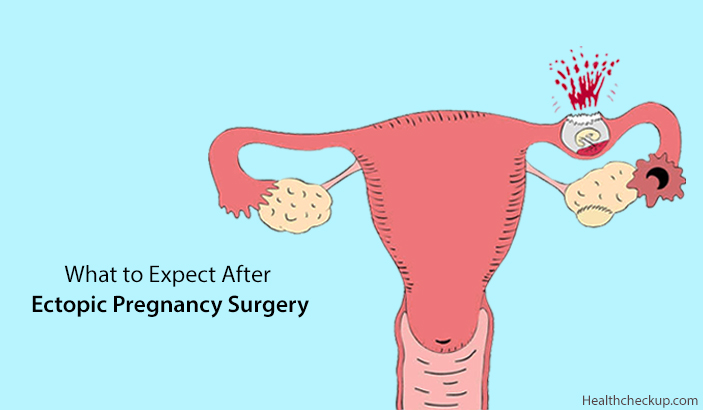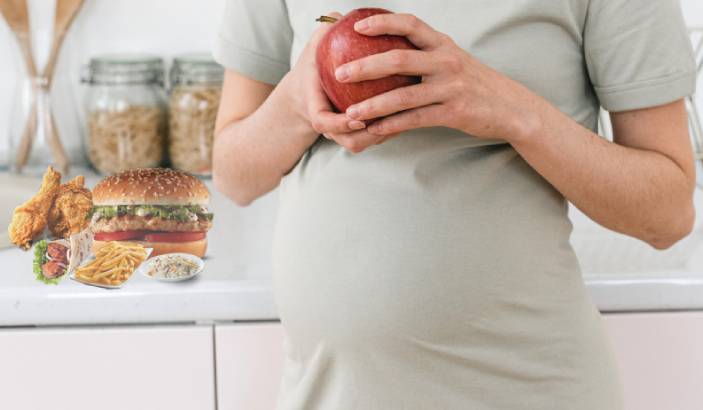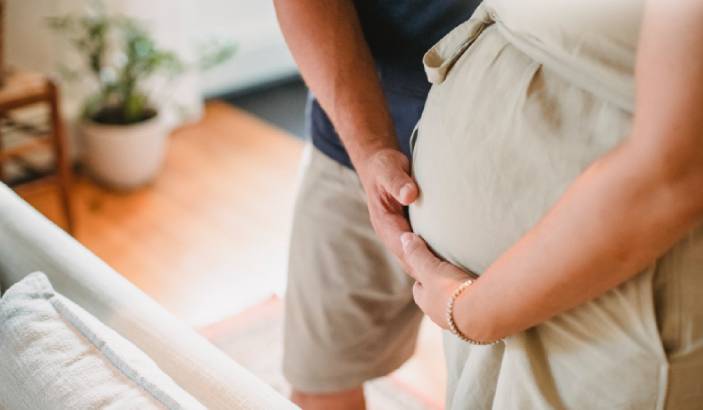Ectopic pregnancy is one in which the fertilized ovum is implanted and develops outside the uterus. It is a major cause for pregnancy-related first trimester deaths among pregnant women.
Fallopian tubes are the commonest site for an ectopic pregnancy to occur and such a pregnancy is called “Tubal Pregnancy”.
Ectopic pregnancy is a medical emergency which needs to be operated at the earliest before the pregnancy ruptures can cause complications and shock due to bleeding within the abdominal cavity.
The increase in the incidence of ectopic pregnancies can be attributed to a significant rise in chronic pelvic inflammatory diseases, tubal reconstructive surgeries and use of Intra Uterine Devices (IUD).
Some Features Of Ectopic Pregnancy
- Incidence is seen maximum between 20-30 years of age.
- Prevalence is mostly in women who have never conceived before and have been undergoing treatment for infertility.
- Uneasiness in one side of the abdomen is the commonest complaint.
- Menses may be absent for up to 6-8 weeks, it may be delayed or slight spotting may occur on an expected date.
- Abdominal pain is acute, cramping and agonizing.
- Vaginal bleeding may be present along with nausea, vomiting and fainting.
While the number of reported cases has increased over the last few years, mortality rates have reduced due to advances in ultrasound techniques and blood investigations which have improved the diagnostic ability at an early stage.
The first step in diagnosing ectopic pregnancy is a transvaginal ultrasound and serum human chorionic gonadotropin (HCG) levels. Advanced laparoscopic procedures have enabled doctors to treat patients using minimally invasive techniques. Women who have undergone laparoscopy often wonder what to expect after ectopic pregnancy surgery.
What To Expect After Ectopic Pregnancy Surgery?
Ectopic pregnancy is a life-threatening condition. Recovering from it can be equally tedious. Since your body and mind have undergone a major trauma, it is expected to have slight discomfort now-and-then. Yet, recovery depends entirely on upon the individual’s body reacts to such an event.
similarly, each woman may experience a different set of symptoms or discomfort depending upon her individual case.
A woman who has had a surgery for ectopic pregnancy may experience the following
1. Pain
- The degree of pain may be present depending upon the type of surgery and may also vary from person to person.
- It is not unusual to experience a certain amount of pain and discomfort for a few days following surgery for ectopic pregnancy.
- You may also experience pain if your body is preparing for ovulation.
When being discharged to home, your doctor will prescribe you anti-inflammatory medications and antibiotics to manage pain and prevent infection.
You must contact your doctor immediately if you notice pain along with fever, unusual vaginal discharge and oozing from the surgical wound.
2. Stitches
- Every surgical incision or even a hole due to laparoscopic surgery has to be closed using stitches.
- These stitches may dissolve in 10-20 days following surgery or may have to be removed once the wound heals.
- Internal stitches are dissolvable and you will be unaware of their presence.
- Stitch removal is a painless procedure and does not take much time.
- Scars may form at the site of stitches but these wear off in later years.
You need to contact your doctor if you notice any swelling or pus discharge over and around the stitches. You will be prescribed antibiotics when getting discharged to home to prevent infection.
3. Bleeding
- Bleeding after surgery or after taking medicines to terminate an ectopic pregnancy occurs because the uterus expels the thickened endometrium.
- This bleeding should not be confused with menstrual bleeding.
- Bleeding may last for up to one week and reduces gradually.
- When being treated with medicines, bleeding may also be associated with clots and abdominal pain.
- Women may notice irregular menses for several months following surgery.
You need to contact your doctor if you notice an unusually large amount of bleeding or if the discharge has a foul odour or in case of delayed menses beyond 42 days.
4. Signs And Symptoms After Ectopic Pregnancy Surgery
The below mentioned signs and symptoms may be noticed after an ectopic pregnancy surgery because your body had been preparing itself for pregnancy. These are a natural phenomenon which needs a few days to bring the body back to a non-pregnant state. These, however, are not alarming.
- Some women report a feeling of being pregnant even after surgery.
- Women may experience soreness of breasts and also the discharge of breast milk. Your doctor will provide you with a breast pump by which milk can be manually extracted.
- A feeling of bloating or abdominal fullness may be present. Bloating may sometimes be associated with nausea, vomiting and loss of appetite.
- Generalized weakness and fatigue vary from patient to patient depending upon the degree of blood loss and the type of treatment and complications they had to go through.
Once a woman has been through a surgery for ectopic pregnancy, the treating doctor counsels patient and relatives regarding the possible symptoms and discomfort which the woman may experience after surgery and that these signs and symptoms are not alarming.
5. Getting Back To Work
- Recovery entirely varies from person to person. Women can generally resume light work nearly 6 weeks after surgery.
- Some women may, however, take longer to overcome the emotional stress of losing a child and being able to survive such a dreadful condition.
- Lifting heavy objects is to be avoided.
- You need to discuss with your doctor regarding travelling after surgery.
6. Follow-Up
- You need to keep a regular follow up with your treating doctor initially for removal of stitches. Follow-up visits help your doctor to monitor your general health condition.
- Any abnormal or unusual signs and symptoms should be reported to your treating doctor.
- Keeping a regular follow up will also help you to plan your next pregnancy more carefully in order to avoid complications.
If you are being treated medicinally, then you may be advised to avoid intercourse until HCG levels are back to normal. Ectopic pregnancy can instill a lot of fear and anxiety in minds of women who have to go through the complications and treatment for it. Their physical, mental and emotional health needs to be considered before planning for the next pregnancy.
Dr. Himanshi is a Homoeopathic consultant and currently working as a lecturer in Post-graduate faculty of Homeopathy, Parul University, Vadodara. Completed BHMS and MD in Homeopathy in January 2018 and also has a clinical experience of about 6 years. Personal interests include reading, spending time with family and traveling.









